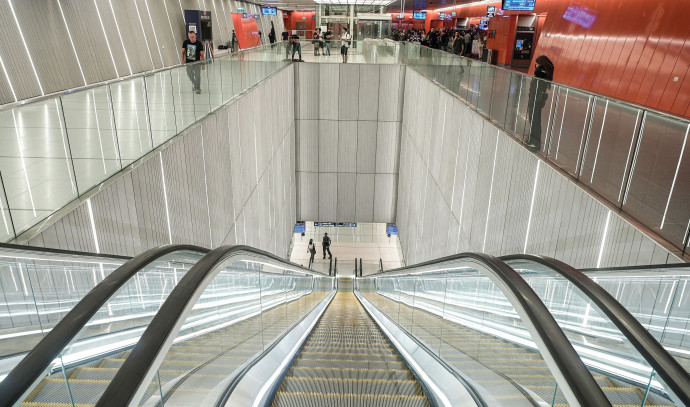Israel’s infrastructure has long been a topic of concern, with transportation and public services struggling to meet the growing demands of a rapidly expanding population. During a recent panel discussion at, business executives and experts shared their insights into the critical steps that must be taken to address these challenges.
Here are the top six things that need to happen to solve Israel’s infrastructure problems, as articulated by industry leaders:
Streamline infrastructure projects
Nissim Peretz, CEO of Netivei Israel, emphasized the urgency of streamlining infrastructure projects. He stated, “What we are doing today, we should have done 15 or 20 years ago to prevent the chaos that is happening today in Gush Dan. I think that in today’s process the investment in infrastructure is excellent, but the projects are too long and cumbersome.” Peretz highlighted the need to expedite statutory processes and eliminate delays caused by various bodies involved in decision-making.
Takeaway: Peretz’s statement underlines the need for timely action and the prevention of bureaucratic delays. Infrastructure projects should be efficient and responsive to the growing needs of the population.
Develop a skilled workforce
Peretz also stressed the importance of developing a skilled workforce. “There is no such thing as a bridge engineer today. There is no manpower for all the projects that the country needs. So we have to import from outside. This is ridiculous. If the State of Israel decides that infrastructure is the main priority, then we need to organize better,” he said.
Takeaway: The shortage of skilled labor highlights a critical issue. Investing in local education and training programs is essential for reducing reliance on foreign expertise and promoting self-sufficiency.
Prioritize public transportation
Orly Stern, CEO of Ayalon Highways, emphasized the need to prioritize public transportation. “We need to develop a network so that everyone can leave their private vehicle at home,” she said, calling for the expansion of electric bus infrastructure, the completion of electric bus terminal construction by 2030, and a revolution in local authorities to promote their use.
Takeaway: A focus on electric public transportation aligns with global efforts to reduce traffic congestion and environmental impact. Prioritizing efficient, accessible, and sustainable public transportation systems is key to modernizing Israel’s infrastructure.
Remove barriers to project execution
Haim Glick, CEO of NTA Metropolitan Mass Transit System, highlighted the regulatory challenges hindering project execution. He pointed out, “If the state doesn’t wake up and realize that in order to produce projects, barriers need to be removed, it won’t happen.” Glick called for the financing of engineering studies and a reduction in excessive regulations.
Takeaway: There is a need for a more streamlined approach to project implementation. Excessive regulations can stifle progress, and a more efficient approval process is necessary to expedite infrastructure projects.
Modernize rail infrastructure
Israel Railway Managing Director Michael Meixner stressed the importance of modernizing rail infrastructure to accommodate growing demand. “The demand today is 300 thousand passengers, 75 million a year. We predict that in 2025 we will have to provide service to 110 million. To bring this to fruition, infrastructure is needed,” he explained. Meixner also highlighted the move toward automated systems in railway operations.
Takeaway: Rail transportation serves a critical role in Israel’s future. Meeting increasing demand requires significant investment in rail infrastructure to enhance capacity and efficiency.
Enhance connectivity across transportation modes
Eran Cohen, Managing Director of Alstom Transport, highlighted the significance of connectivity between different transportation modes. He stressed the importance of integrating bicycles, subways, light rails, and heavy trains into a seamless transportation network. Cohen’s vision is that improved connectivity will incentivize people to reduce their reliance on private vehicles.
Takeaway: Creating an integrated and accessible transportation system aligns with global trends toward sustainable urban mobility. Such connectivity not only reduces traffic congestion but also promotes eco-friendly transportation options.
As Israel grapples with its infrastructure challenges, these insights from industry leaders provide a roadmap for addressing the pressing issues and building a more efficient and sustainable future for the country.



